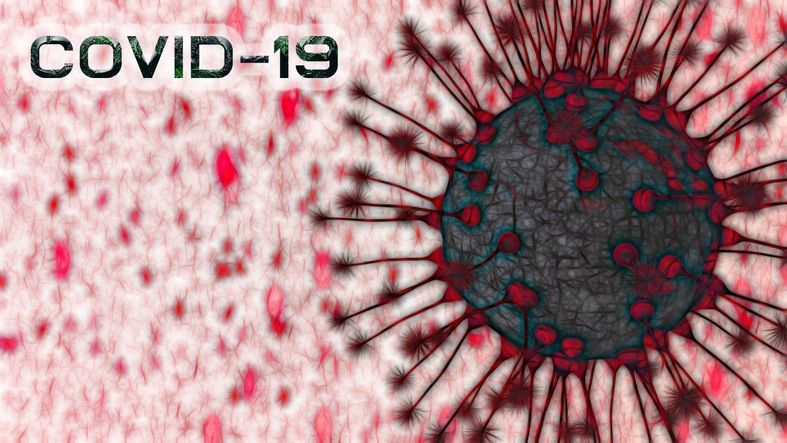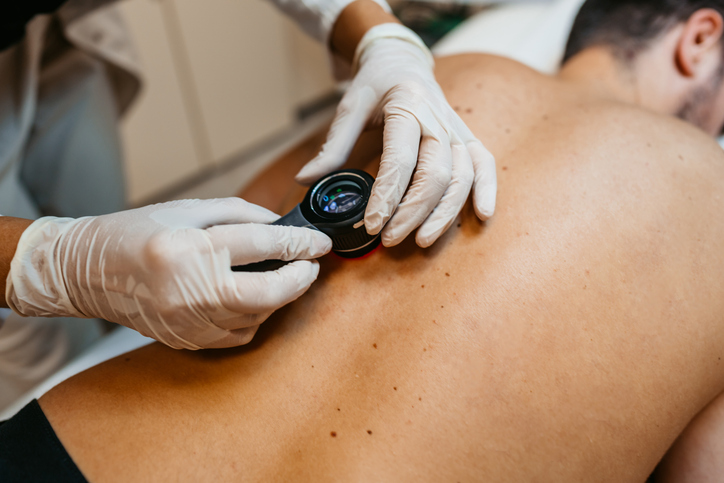
Patients diagnosed with cancer more than two years ago have a greater likelihood of developing severe COVID-19 and have an increased mortality risk, a study observed. Further, cancer patients of Asian ethnicity and those receiving palliative care had a higher risk of death.
Making a COVID-19 diagnosis can be challenging in cancer patients because some of the symptoms mirror those of cancer and adverse reactions to treatment, which could result in a delayed or missed diagnosis, “which could lead to the confounding of cases and infection mortality rates, as well as late interventions for more life-threatening diseases,” the study authors noted. Further, COVID-19 could adversely affect a patient’s access to “dignified and humane end-of-life cancer care.” The pandemic has affected curative and palliative cancer care, as clinic visits are down due to social distancing, and treatments have been changed or pushed back. This could have significant effects on mortality.
To assess the relationship between COVID-19 and cancer care, the researchers collected data from a single UK-based cancer center on 156 cancer patients with a confirmed diagnosis of COVID-19 from Feb. 29 through May 12. Most patients (n=128) had mild/moderate COVID-19; the remaining 28 had severe disease. More than half of patients (58%) were male. The median patient age was 67 year; 68% of patients were aged ≥60 years. Median follow-up was 37 days.
Cancer Patients with COVID-19: Factors Predictive of Disease Severity
When assessing by COVID-19 severity, male patients were more likely to have severe disease (68%). The majority of patients (81%) had a lower socioeconomic background. Half of the cohort was white (n=78); 22 patients were Black, and six were Asian. More than half of severe COVID-19 patients were white (57%). The most reported comorbidities were hypertension (47%), diabetes mellitus (22%), renal impairment (19%), and cardiovascular disease (19%). Patients with severe COVID-19 were more likely to have benign lung conditions compared to mild/moderate COVID-19 patients (29% vs. 13%).
The following factors were correlated with greater COVID-19 severity: an initial cancer diagnosis >24 months before COVID-19 (odds ratio [OR], 1.74; 95% confidence interval [CI], 0.71 to 4.26), presenting with fever (OR, 6.21; 95% CI, 1.76 to 21.99), dyspnea (OR, 2.60; 95% CI, 1.00 to 6.76), gastrointestinal symptoms (OR, 7.38; 95% CI, 2.71 to 20.16), and higher levels of C-reactive protein (CRP; OR, 9.43; 95% CI, 0.73 to 121.12).
Over the study period, 34 patients (22%) died of COVID-19. Factors associated with COVID-19 death were Asian ethnicity (OR, 3.73; 95% CI, 1.28 to 10.91), receiving palliative treatment (OR, 5.74; 95% CI, 1.15 to 28.79), an initial cancer diagnosis >24 months before (OR, 2.14; 95% CI, 1.04 to 4.44), dyspnea (OR, 4.94; 95% CI, 1.99 to 12.25), and increased CRP levels (OR, 10.35; 95% CI, 1.05 to 52.21). Mortality risk was lower among patients with increased albumin (OR, 0.04; 95% CI, 0.01 to 0.04).
The study was published in Frontiers in Oncology.
Study author Saoirse O. Dolly, MBBS, PhD, said of the findings in a press release, “This real-world observation provides valuable insights into our cancer patients during the COVID pandemic. The data needs to be validated in larger series with longer follow-up of patients to provide more definitive guidance on the management of oncology patients through the COVID-19 outbreak.






 © 2025 Mashup Media, LLC, a Formedics Property. All Rights Reserved.
© 2025 Mashup Media, LLC, a Formedics Property. All Rights Reserved.